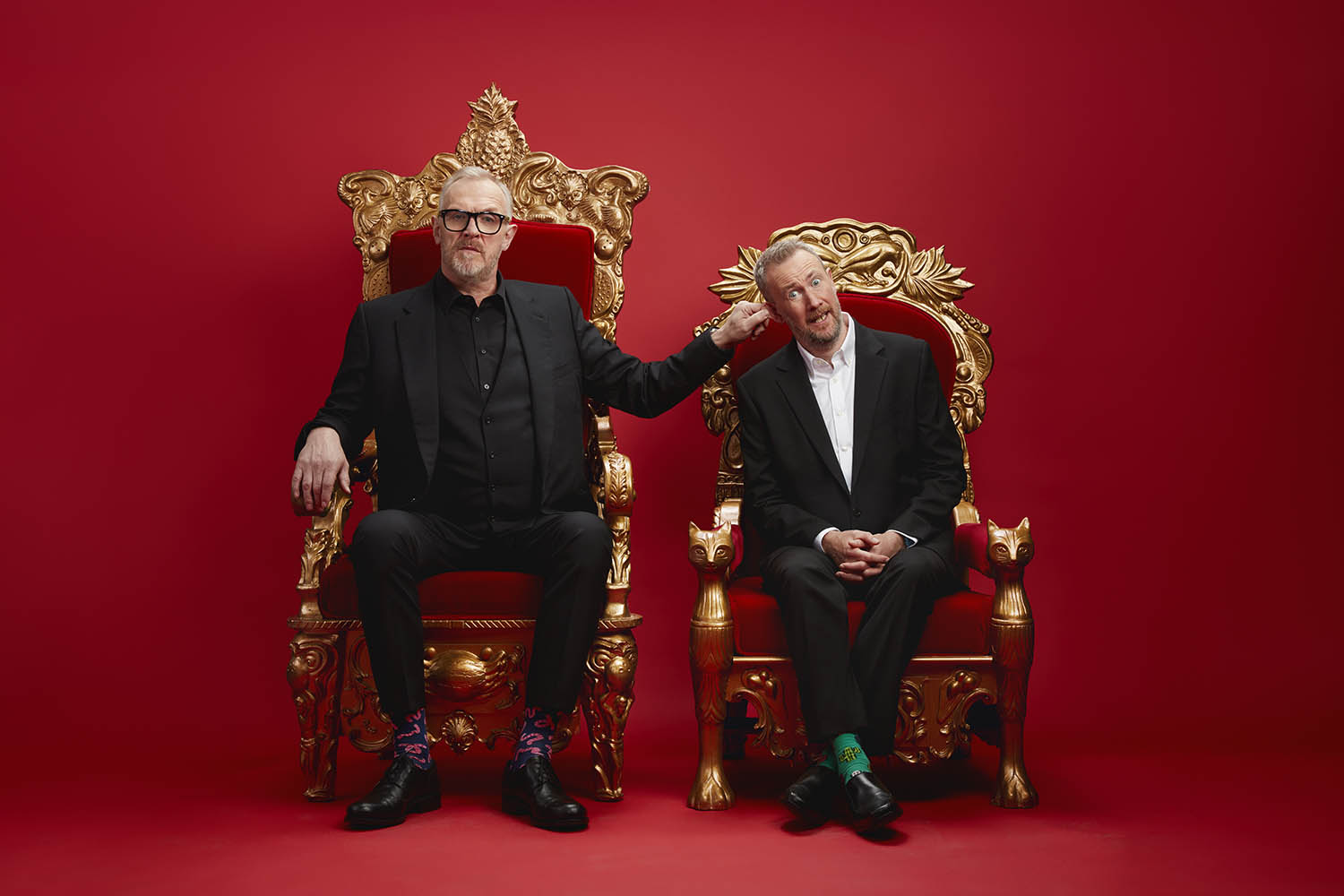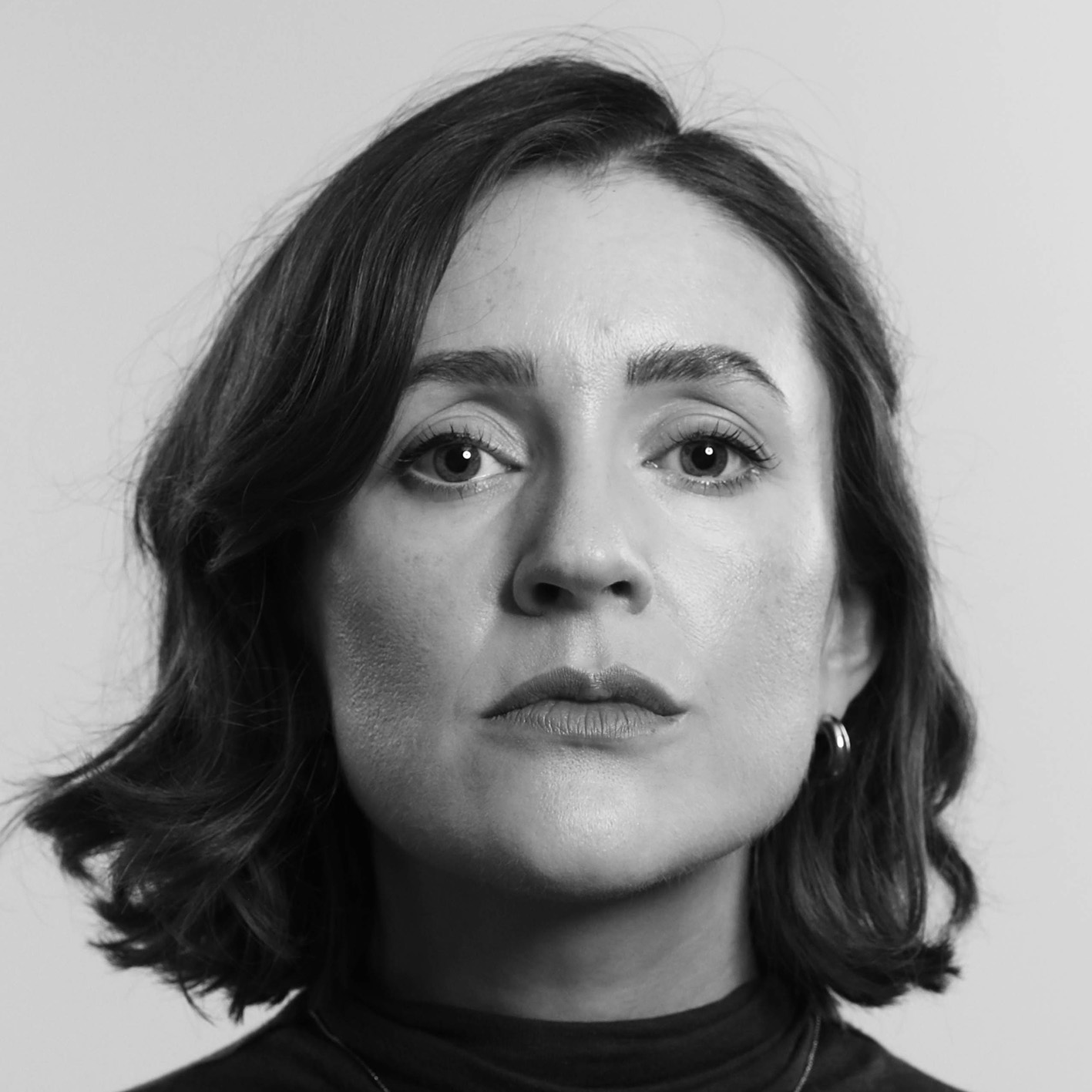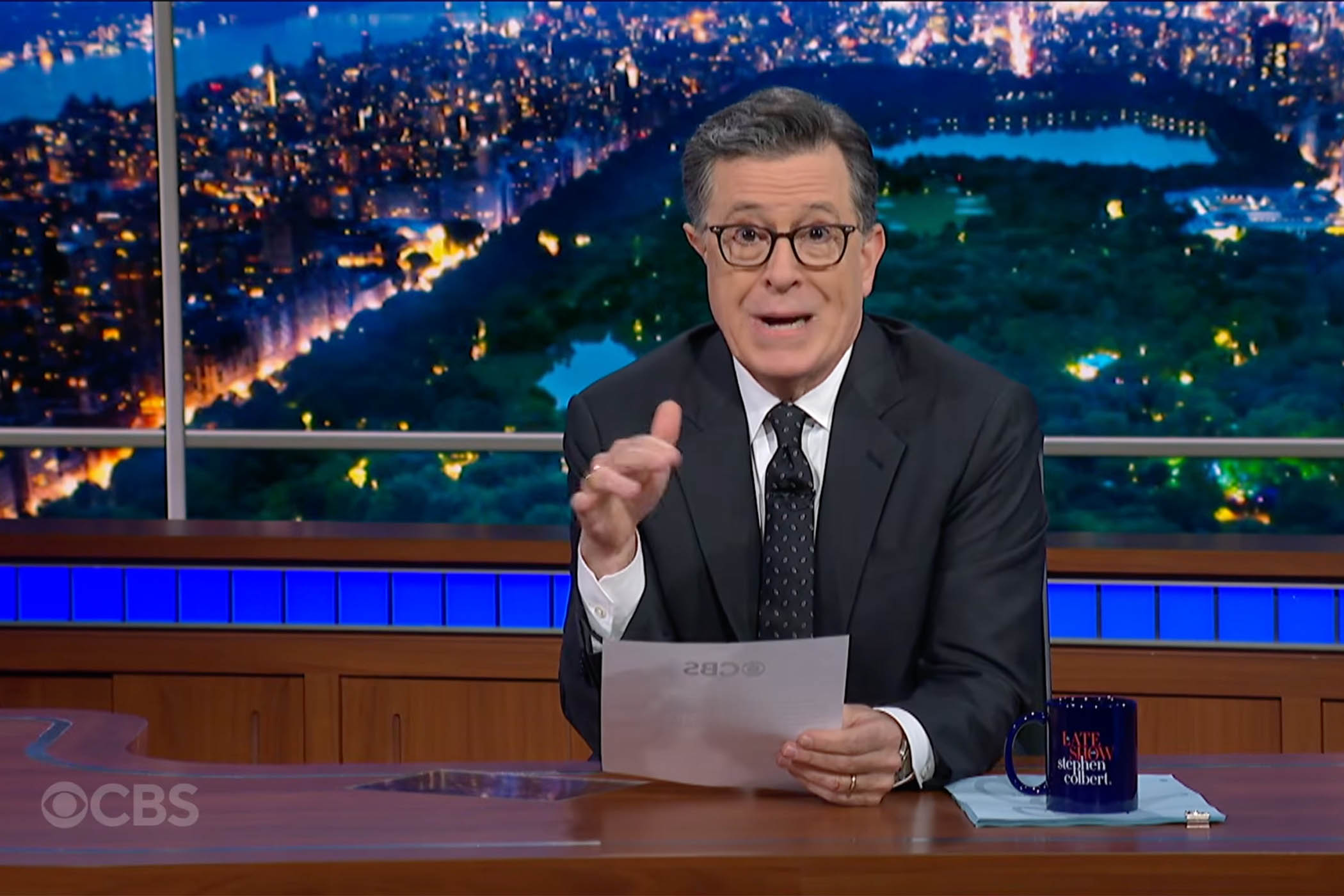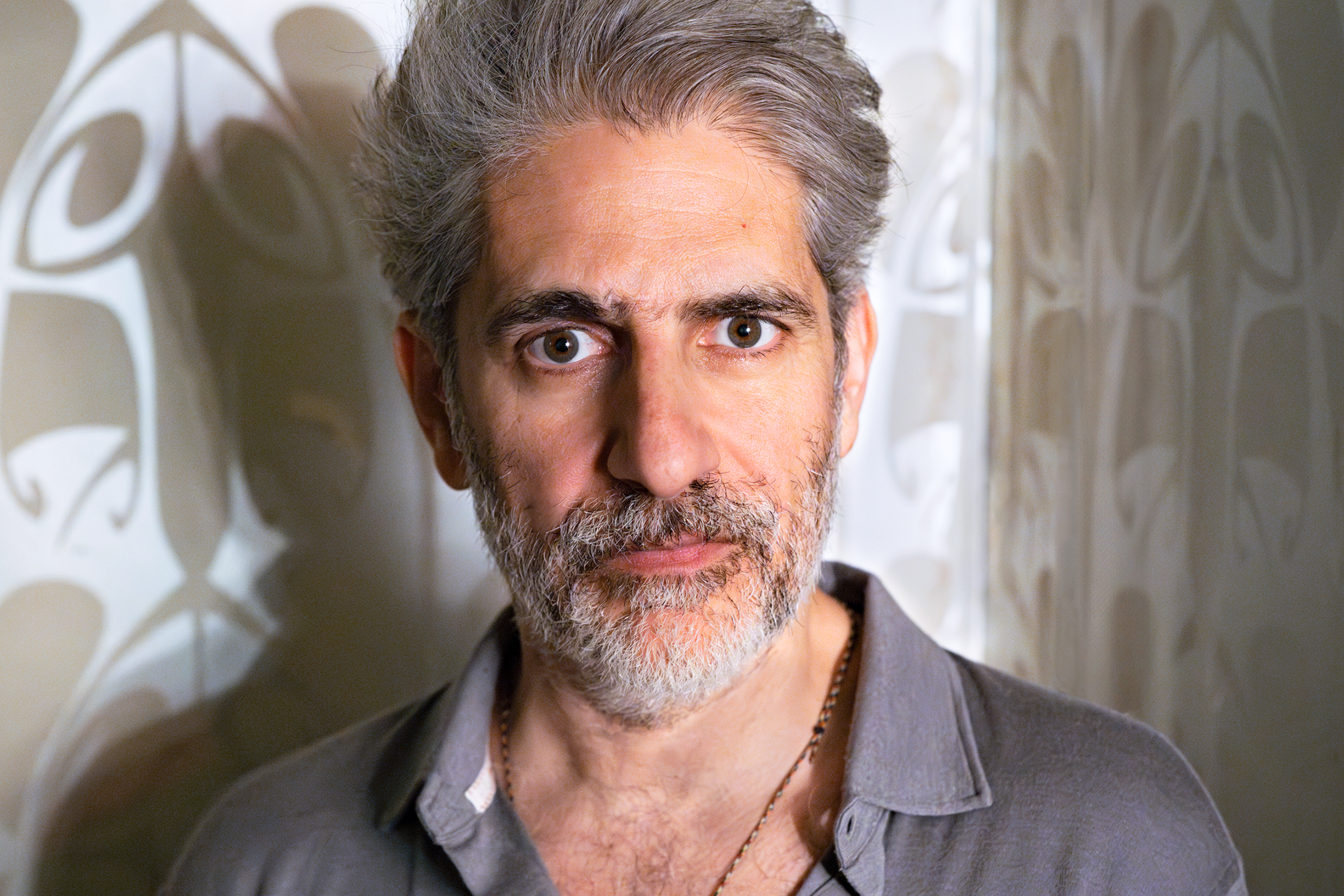The former groundskeeper’s cottage is the Taskmaster house, the setting of the comedy gameshow that has been watched by tens of millions of people in the past decade.
The team is back on set to film the show’s 21st series, with the 20th run due to be released in the next few weeks. The concept is simple: five comedians compete across 10 episodes in various baffling tasks (one of the originals was: “Paint the best picture of a horse while riding a horse”), then reunite on stage to watch the results and face judgment from the Taskmaster himself, Greg Davies.
It is one of British TV’s biggest success stories. The show’s creator, Alex Horne, devised the concept as an Edinburgh festival fringe show 15 years ago, and initially struggled to find a broadcaster to take it on.
Now it is an irrepressible machine, spawning international versions in countries such as Australia, Canada, New Zealand, Belgium, Spain, Sweden and Portugal, plus spin-offs such as Junior Taskmaster, hosted by Rose Matafeo, who finished second in series nine of the original show. There is even a live experience where fans can become contestants.
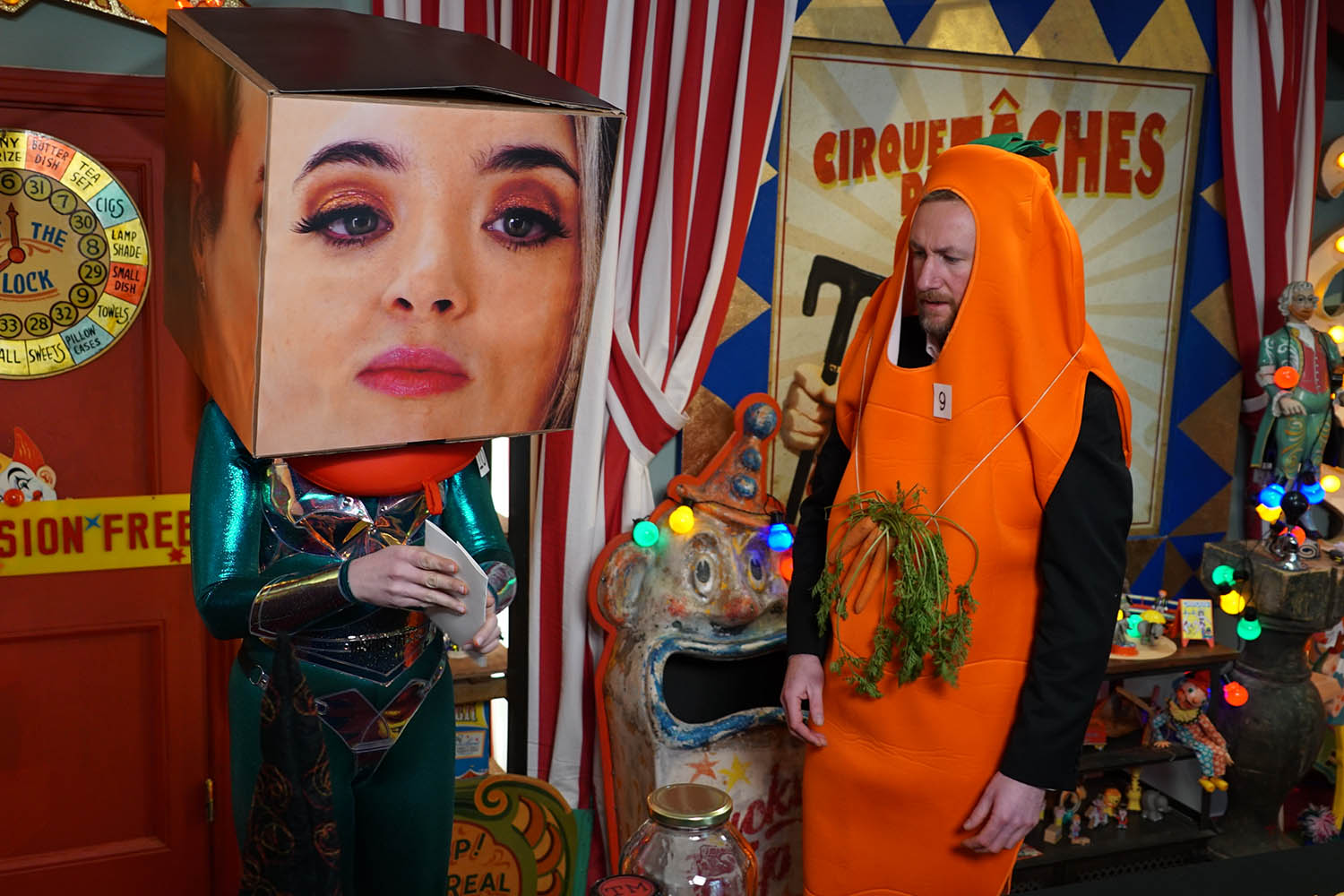
“It’s replaced [Live at the] Apollo in terms of being the thing all comedians want to get, because if you do well on it, it can radically impact your career,” said Fern Brady, who was joint fourth in series 14. “It was the best job I’ve ever done or ever will do.”
Panel shows can often feel rigid and false, with no room to be yourself, Brady said. “On Taskmaster, we’d often be crying, laughing – both – during the studio records and the house bits. I clearly remember thinking: ‘I could do this every day for ever.’”
Horne never imagined this level of success. It started out as a year-long experiment, asking 20 comedians to complete one task a month, then revealing the results at the following year’s fringe. “It straightaway felt like there was something in it,” he said. “It was obvious to me that it was a good way of showing off comics being funny and competitive.”
After a production company expressed interest in turning it into a TV show, Horne called in director Andy Devonshire to develop it for screen.
Horne said: “I grew up on The Krypton Factor, Crystal Maze, sitcoms and panel shows, and it probably is just an amalgamation of them all.”
‘We take the casting very seriously. We pick people we think are funny – and nice’
‘We take the casting very seriously. We pick people we think are funny – and nice’
Alex Horne, creator
Unlike a panel show, where viewers see guests for a few minutes on one episode, every contestant has time to shine across the series, and the surprising tasks bring out their true personalities. “People really get to know you, so we can introduce new people to a wider audience,” Horne said. “We take the casting very seriously; we pick people we think are funny – and nice.”
The show has honed a distinctive look and feel, with Devonshire and the team’s designer, editor and composer winning a Bafta craft award this year. Horne initially wanted to film in comedians’ houses but Devonshire thought creating a distinctive Taskmaster world would set the show apart.
Fish-eye lenses and reversed footage lends an eerie feel – plus extreme closeups of facial expressions, props and action – introducing the people and house in detail: “We’re really lucky to have found this house – it’s a character in itself,” said Devonshire.
Sarah Asante, a former comedy commissioner at the BBC and UKTV, who is now a TV consultant, said the comedy commissioning landscape is “really tough”. There are “budget squeezes, slot squeezes … even when something’s a hit, or has people in it that are well loved, that isn’t an immediate fast-track to the screen”.
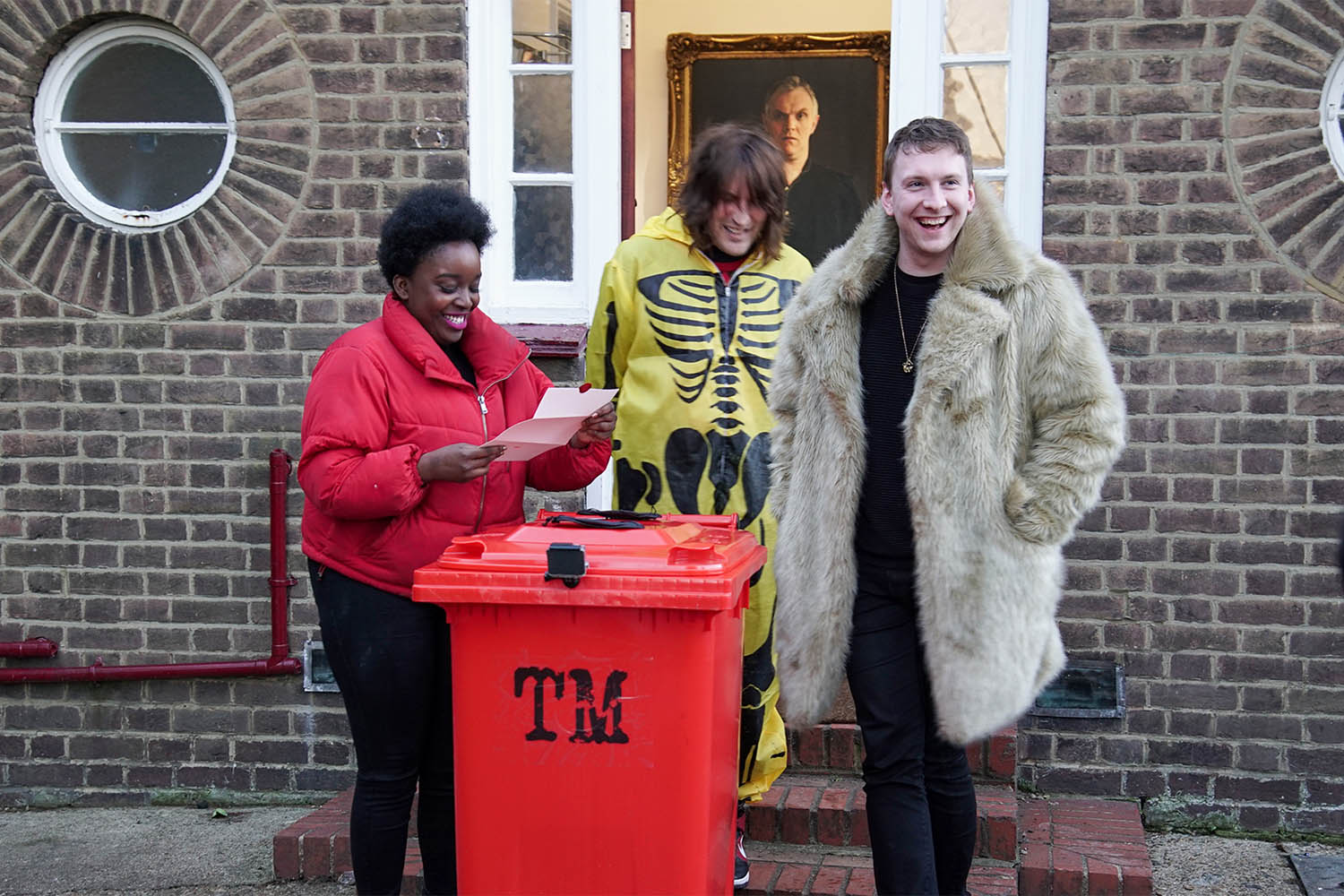
Another factor is that comedy is subjective: “gags don’t always travel”. Ideas that can be replicated and franchised in other countries are therefore exciting. “Finding comedy formats is such a holy-grail task,” Asante said. “Lots of people have tried and the few that have hit are still on air.”
James Townley is chief content officer for development at Banijay Entertainment, which has worked on the recent Amazon Prime Video hit Last One Laughing – another format that has been adapted successfully in different countries.
“Franchisable formats are the backbone of international television,” he said. “When a show is built on clear format beats – strong rules, scalable structure and room for local flavour – it has the power to travel and thrive.” Last One Laughing has thrived, he added, because it “adapts seamlessly to local humour”.
“I’ve done quite a few other shows or pilots for shows that were trying to copy Taskmaster,” said Brady. “But the key thing that makes the show successful is always missing: Taskmaster really trusts comedians to be funny, and even though there’s a tight format, they don’t micromanage you or rehearse every anecdote beforehand.”
Taskmaster now produces two series every year, alongside its spin-offs. Does Horne worry about oversaturation? “People will let us know if they’re sick of it. Greg and I have always said: ‘As long as we’re enjoying it, we’ll carry on if people want us to.’”
Photograph by Simon Webb/Channel 4. Other pictures by Avalon, Channel 4
Newsletters
Choose the newsletters you want to receive
View more
For information about how The Observer protects your data, read our Privacy Policy
